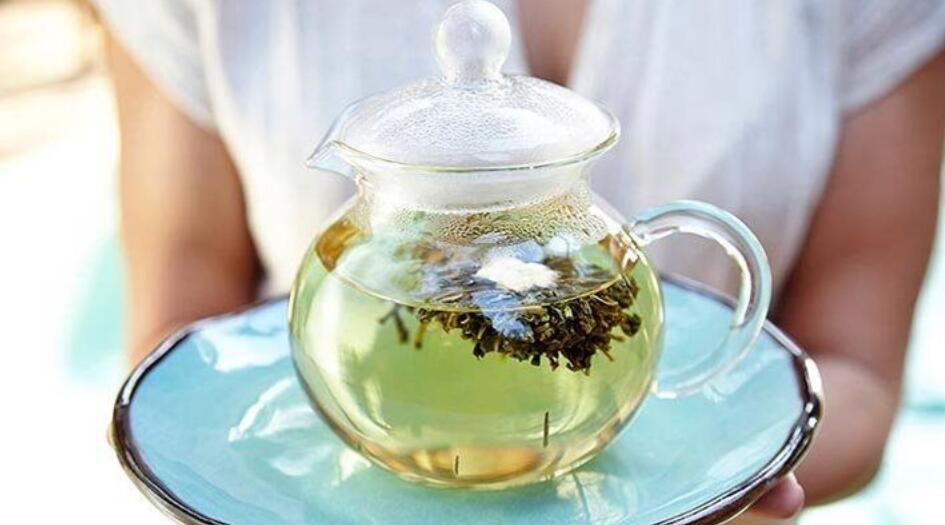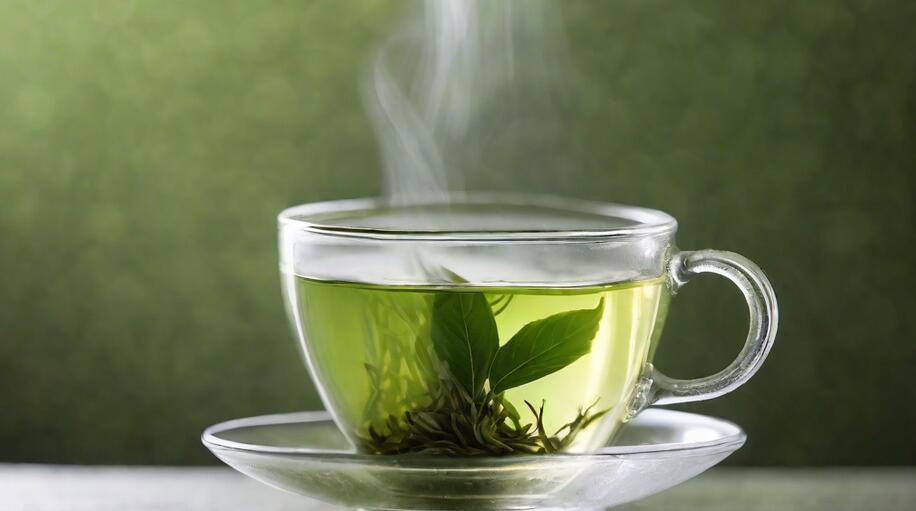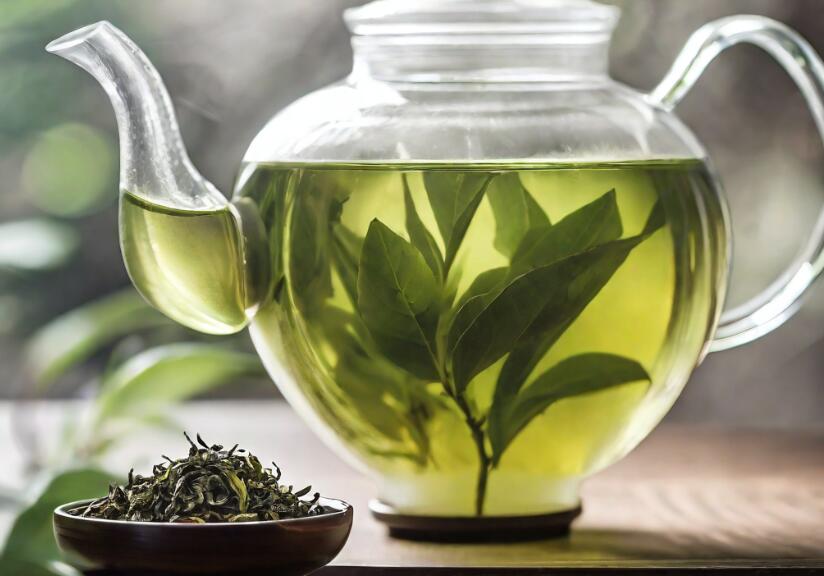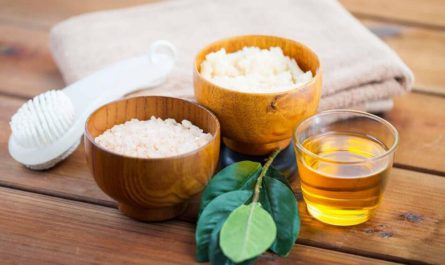Green tea has gained immense popularity in recent years, thanks to its numerous health benefits. For women, in particular, green tea can offer a range of advantages. From supporting weight loss to promoting healthy skin, green tea is a powerhouse of nutrients for women’s overall well-being. In this article, we will explore 16 amazing health benefits of green tea specifically tailored for women. So, let’s dive in and discover how this ancient beverage can contribute to a healthier and happier lifestyle.
What is Green Tea?
Green tea is a type of tea that is made from the leaves of the Camellia sinensis plant. It is known for its light green color and a slightly bitter taste. Green tea is popularly consumed as a beverage and is also used in traditional medicine in many cultures.
The leaves of green tea are steamed or pan-fried immediately after they are harvested to prevent oxidation. This gives green tea its characteristic flavor and color. The process helps to retain the natural antioxidants and beneficial compounds present in the tea leaves.

16 Amazing Health Benefits of Green Tea for Women
1. Boosts Metabolism and Supports Weight Management
One of the most well-known green tea benefits for women is its ability to enhance metabolism. The catechins in green tea, particularly EGCG (epigallocatechin gallate), can increase fat burning and boost metabolic rate.
A study found that participants who consumed green tea extract experienced a significant increase in energy expenditure. But how does green tea work its magic on metabolism?
The catechins in green tea inhibit an enzyme called catechol-O-methyltransferase (COMT). It can break down norepinephrine and allow norepinephrine to remain active for longer. This can lead to a more sustained boost in metabolism. To maximize the weight management benefits of green tea, try to aim for 2-3 cups per day.
2. Rich in Antioxidants for Youthful Skin
Green tea is a powerhouse of antioxidants, including polyphenols and catechins. These antioxidants can help protect the skin from premature aging, and reduce the appearance of fine lines and wrinkles.
One of the most potent antioxidants in green tea is EGCG, which can protect skin cells from UV damage and improve skin elasticity. A study published in the Journal of Nutrition found that participants who consumed green tea extract daily for 12 weeks experienced significant improvements in skin elasticity, roughness, and hydration.
To harness the skin-loving benefits of green tea, try incorporating it into your skincare routine. In addition to drinking green tea, you can apply it topically as a toner or face mask. Simply brew a strong cup of green tea, let it cool, and apply it to your face using a cotton pad. You can also soak a clean cloth in the tea and place it on your skin for 10-15 minutes.
3. Supports Heart Health
Cardiovascular health is a crucial concern for women, and green tea may offer some protection. The antioxidants in green tea help reduce inflammation, lower bad cholesterol (LDL), and improve the function of blood vessels.
A meta-analysis found that drinking green tea was associated with a lower risk of coronary heart disease, stroke, and death from cardiovascular causes. The study also noted that the protective effects of green tea were more pronounced in women than in men.
To support heart health, aim to drink 2-3 cups of green tea per day. You can also pair green tea with other heart-healthy habits, such as eating a balanced diet rich in fruits, vegetables, and whole grains.
4. May Lower Risk of Certain Cancers
The potent antioxidants in green tea may help lower the risk of certain types of cancer, including breast, ovarian, and endometrial cancers. The polyphenols in green tea can inhibit the growth and spread of cancer cells.
A study found that women who drank green tea regularly had a 20-30% lower risk of developing breast cancer. While more research is needed, incorporating this beverage into a healthy lifestyle may offer some protection. To maximize the potential benefits, aim for 2-3 cups of green tea per day.
5. Enhances Brain Function and Memory
Green tea contains caffeine and L-theanine. Caffeine helps increase alertness and concentration, while L-theanine promotes relaxation and reduces anxiety. Together, these compounds can enhance cognitive performance, improve memory, and boost overall brain health.
To support brain health, try incorporating green tea into your daily routine. Aim for 2-3 cups per day, and consider pairing it with other brain-boosting habits, such as engaging in mentally stimulating activities.

6. Supports Bone Health
Women are at a higher risk of developing osteoporosis later in life due to hormonal changes. Green tea may help support bone health by improving bone mineral density and reducing the risk of fractures. The antioxidants in green tea help protect bones from oxidative stress and inflammation.
To support bone health, aim to drink 2-3 cups of green tea per day. You can also pair green tea with other bone-healthy habits, such as engaging in weight-bearing exercise and getting enough calcium and vitamin D.
7. Helps Regulate Blood Sugar Levels
The catechins in green tea can help improve insulin sensitivity and help regulate blood sugar levels. By incorporating green tea into a balanced diet and lifestyle, women may be able to better manage their blood sugar.
A meta-analysis published in the journal Molecular Nutrition & Food Research found that green tea consumption was associated with a lower risk of type 2 diabetes. The study also noted that the protective effects of green tea were more pronounced in women than in men.
8. Boosts Immune System Function
The antioxidants in green tea, particularly EGCG, have been shown to strengthen the immune system and help the body fight off infections. By drinking green tea regularly, women can give their immune system a natural boost.
A study found that participants who consumed green tea extract daily for 3 months experienced significant improvements in immune function.
To support immune function, aim to drink 2-3 cups of green tea per day. You can also pair green tea with other immune-boosting habits, such as eating a balanced diet rich in fruits and vegetables.
9. Promotes Relaxation and Reduces Stress
The amino acid L-theanine found in green tea has calming effects on the brain. Women who regularly consume green tea may find it easier to manage stress and maintain a sense of calm in their daily lives.
A study found that participants who consumed a combination of green tea extract and L-theanine experienced reduced stress and improved relaxation.
To promote relaxation and reduce stress, try incorporating green tea into your daily self-care routine. Take a few minutes each day to prepare and enjoy a cup of green tea, focusing on the aroma, flavor, and warmth of the beverage.

10. May Improve Fertility and Reproductive Health
The polyphenols in green tea have been shown to protect reproductive cells from oxidative stress and inflammation. This may enhance fertility and reduce the risk of certain reproductive disorders.
A study found that women who consumed green tea regularly had a higher likelihood of becoming pregnant. To support reproductive health, aim to drink 2-3 cups of green tea per day. You can also pair it with other fertility-friendly habits, such as maintaining a healthy weight, eating a balanced diet, and managing stress.
11. Supports Digestive Health
Green tea can be beneficial for digestive health, thanks to its anti-inflammatory properties. The catechins in green tea help reduce inflammation in the gut. This may alleviate symptoms of digestive disorders like inflammatory bowel disease (IBD) and irritable bowel syndrome (IBS).
In addition, Green tea may also help promote the growth of beneficial gut bacteria, further supporting digestive health. To support digestive health, try drinking 2-3 cups of green tea per day.
12. May Help Prevent and Manage Arthritis
The anti-inflammatory properties of green tea may be beneficial for women with or at risk of developing arthritis. The antioxidants in green tea help reduce inflammation in the joints. This can alleviate pain and stiffness associated with conditions like rheumatoid arthritis and osteoarthritis. Regular green tea consumption may help manage symptoms and slow the progression of these conditions.
To help prevent and manage arthritis, aim to drink 2-3 cups of green tea per day. You can also pair green tea with other arthritis-friendly habits, such as maintaining a healthy weight and engaging in low-impact exercise.
13. Enhances Physical Performance and Endurance
The caffeine and catechins in green tea can improve fat oxidation and increase energy expenditure during exercise. This can lead to better workout results and faster recovery times.
A study found that participants who consumed green tea extract before exercise experienced increased fat-burning. Another study found that regular green tea can improve muscle strength and reduce muscle damage after exercise.
To enhance physical performance and endurance, try drinking a cup of green tea 30-60 minutes before your workout.

14. Supports Healthy Aging
The antioxidants in green tea offer powerful anti-aging benefits, helping to protect cells from damage and supporting healthy aging. Regular green tea consumption can reduce the risk of age-related cognitive decline. By incorporating green tea into a healthy lifestyle, women can promote longevity and maintain vitality as they age.
To support healthy aging, aim to drink 2-3 cups of green tea per day. You can also pair green tea with other longevity-promoting habits, such as eating a balanced diet rich in fruits, vegetables, and whole grains, and engaging in regular physical activity.
15. May Help Manage Menstrual Symptoms
Some women find that drinking green tea can help alleviate menstrual symptoms like cramps, bloating, and mood swings.
The anti-inflammatory properties of green tea may help reduce pain and discomfort associated with menstruation. The relaxing effects of L-theanine can help manage stress and promote a sense of calm during this time.
To help manage menstrual symptoms, try drinking 2-3 cups of green tea per day, particularly during the week leading up to and during your period.
16. Versatile and Easy to Incorporate into Your Diet
One of the best things about green tea is how easy it is to incorporate into your daily routine. Whether you prefer hot or iced tea, there are countless ways to enjoy this healthy beverage.
You can drink it plain, add a squeeze of lemon, or sweeten it with a touch of honey. Green tea can also be used in cooking and baking.
Here are a few ideas for incorporating green tea into your diet:
- Start your day with a hot cup of green tea instead of coffee
- Brew a large batch of green tea and store it in the fridge for a refreshing iced tea option
- Use green tea as a base for smoothies or protein shakes
- Incorporate matcha, a powdered form of green tea, into baked goods like muffins or cookies
- Use green tea as a marinade for meats or tofu to add flavor and tenderize
- Steep green tea bags in hot water and use the liquid to cook rice or quinoa for added flavor and nutrition
By getting creative with how you consume green tea, you can enjoy its many health benefits while also adding variety and interest to your diet.

Potential Precautions of Green Tea for Women
While green tea offers numerous health benefits, it is important for women to be aware of potential precautions. Here are some considerations to keep in mind:
1. Caffeine sensitivity
Green tea contains caffeine, which can have stimulating effects on the nervous system. Women who are sensitive to caffeine may experience symptoms such as anxiety, irritability, or difficulty sleeping. It is advisable to monitor your caffeine intake and consider opting for decaffeinated green tea if needed.
2. Pregnancy and breastfeeding
The caffeine content in green tea may affect pregnancy and breastfeeding. High levels of caffeine intake have been associated with an increased risk of miscarriage, premature birth, and low birth weight. Pregnant and breastfeeding women should consult with their healthcare provider about their green tea consumption.
3. Iron absorption
Green tea contains compounds called tannins that can inhibit the absorption of iron from plant-based sources. Women who are at risk of iron deficiency or have low iron levels should consider consuming green tea between meals to minimize any potential interference.
4. Medication interactions
Green tea may interact with certain medications, including blood thinners (anticoagulants), beta-blockers, and certain antidepressants. These interactions can affect the effectiveness or side effects of the medications. It is crucial to consult with a healthcare professional if you are taking any medications.
5. Stomach sensitivity
Some individuals may experience stomach discomfort, acid reflux, or digestive issues when consuming green tea, especially on an empty stomach. If you have a sensitive stomach or a history of gastrointestinal problems, it is advisable to consume green tea with food.
6. Allergies
Although rare, some individuals may have allergies or sensitivities to certain components present in green tea. If you experience any allergic reactions such as itching, hives, or difficulty breathing after consuming green tea, discontinue its use and seek medical attention.
As with any dietary change or supplement, it is always wise to consult with a healthcare professional before incorporating green tea into your routine, especially if you have any underlying health conditions or concerns.






